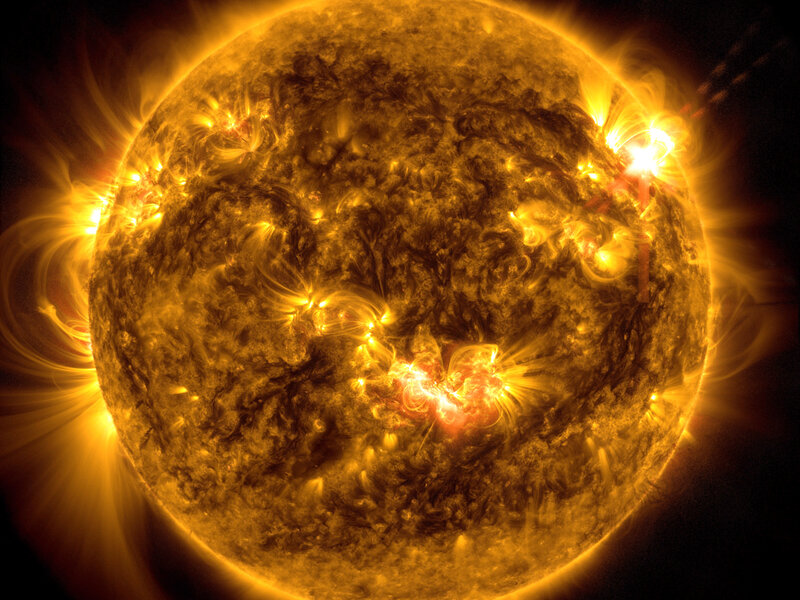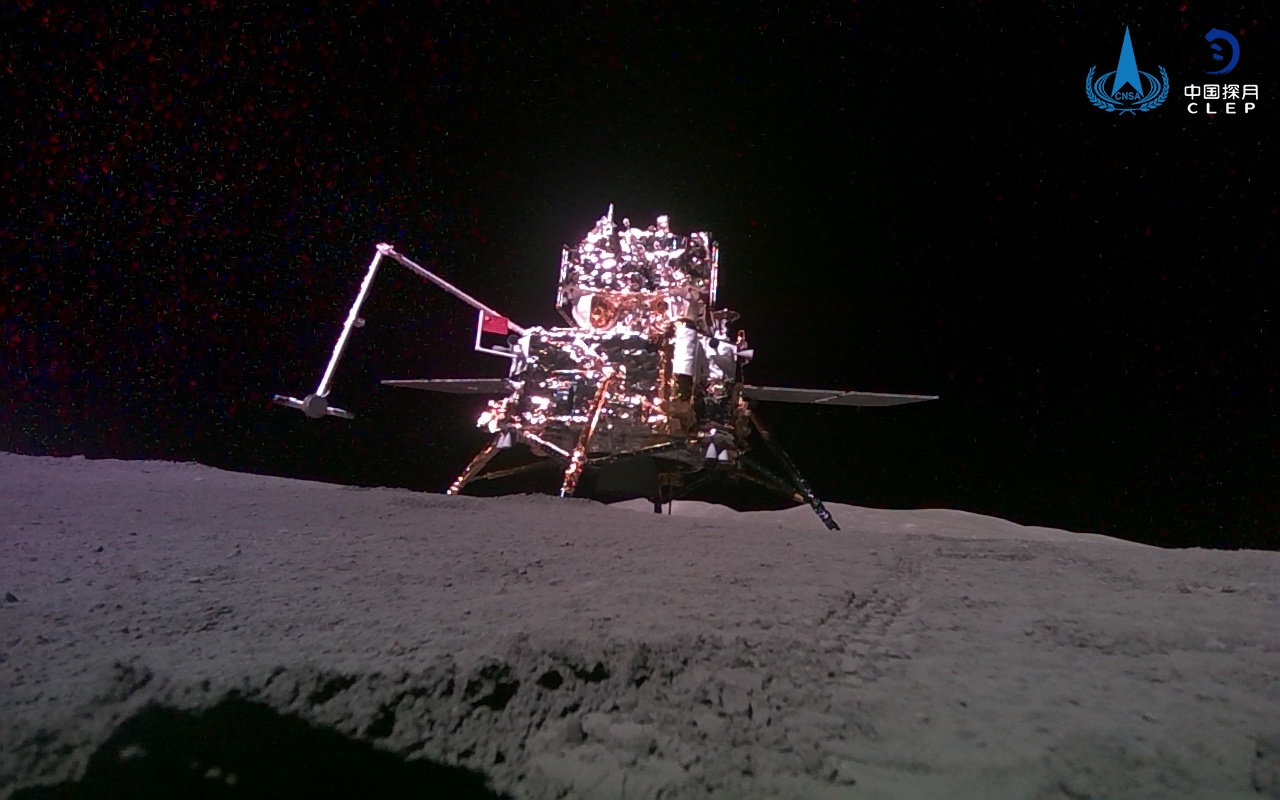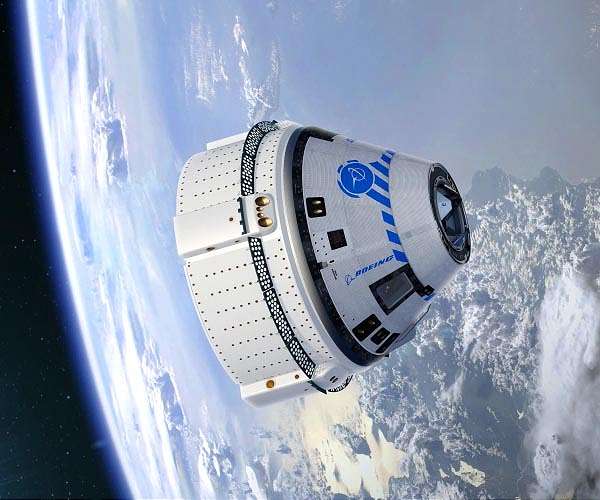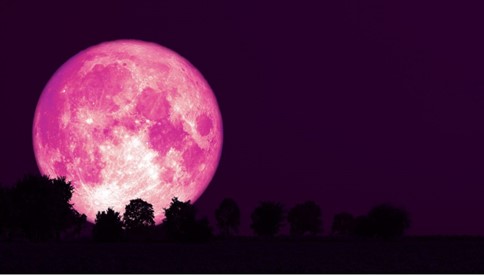The National Oceanic and Atmospheric Administration (NOAA) warns that a strong geomagnetic storm is expected to hit the Earth today, disturbing our planet’s magnetosphere. The storm will last for three days and could significantly trigger power grid fluctuations.
Sunspot Causing The Geomagnetic Storm
Experts say the upcoming storm is a result of an active sunspot that has emitted at least 18 flares this week. This is the same area that released a powerful plasma stream, known as a coronal mass ejection (CME), earlier this month, disrupting communications worldwide.
Sunspot AR3664, now called AR3697, is the sun’s surface disturbance responsible for this May’s major G5 solar storms. This sunspot has completed a full rotation on the sun and is now facing Earth again, promising more active days ahead.
Radio Blackouts And Aurora Borealis
According to EarthSky, the solar storm expected on Friday and Saturday, caused by an X1.4 solar flare CME ejected by Sunspot AR3697 yesterday, has already resulted in strong radio blackouts over the mid-Atlantic Ocean region.
This geomagnetic storm could also disrupt satellite orbits, and push spectacular aurora displays as far south as New York.
Where Will The Geomagnetic Storm Be The Strongest?
Overall, the “impact area” will stretch from the Earth’s poles to 55 degrees of ‘geomagnetic latitude,’ covering northern regions of Idaho, Maine, Michigan, Minnesota, Montana, New Hampshire, New York, North Dakota, Washington, Wisconsin, and Vermont.
Where To See Auroras?
Credit: National Geographic
NOAA, which oversees America’s Space Weather Prediction Center, forecasts Category G2 or “moderate” solar storms for Friday and Saturday, following milder activity today. However, there is still a possibility to see spectacular auroras in some regions.
“Auroras may be seen as far south as New York, Wisconsin, and Washington state,” NOAA’s latest space weather advisory stated.




